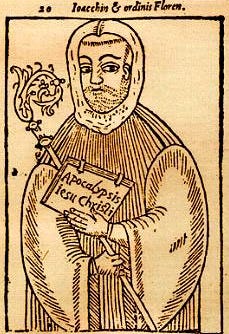The reading this week that I found the most interesting was “America Has Gone Mad”. It was interesting to read something about America from a different perspective and especially from a critical gaze. Something that shocked me at the beginning of the reading was on page 192 “German nazism, Soviet communism, and ( especially) American capitalism were in this respect utterly alike for him, as for many others; Mounier’s mysterious “personalism” operated from similar premises.” I have never looked at our capitalistic view in relation to nazis and communists, mainly because of the negative historical connotation around these groups, it was shocking to have American capitalism grouped in with that. Maybe because when one is so ingrained in that specific society they do not realize the harmfulness of it or the perceptive of it to other societies. Something that makes me uncomfortable in this reading was the description of Jewish people and Americans. Saying that both of these groups have polluted Western society and culture because of their access to wealth and power while being rootless. I found this statement to be classist and harmful to not just these groups of people but to anyone who has built themselves from nothing. I am not condoning the way that Americans built their empire but to say that they are polluting western society implies that they are seen as lesser and toxic. These parts of the reading made it more difficult to look at this reading objectively and without further biases.
After this point, I found the rest of the reading hypocritical. Especially the part about how being Anti-Semitic is now not respectable. Jewish people were just called toxins to the western culture but then now being Anti-Semitic is not ok? I understand that this peace is not placing all blame on America and it even calls out the French overreaction to capitalism but I don’t think bringing up the pollution of western society was necessary to get the point across.
Something I would like to delve further into is the idea that American intellectuals and European ones can not coexist. It does not make sense to me that to oppose one is to strengthen the other. If intellectuals are supposed to be a part of a community then why is there such disparity between different countries? The alienation of this group of people makes it seem like they would want more of a community base rather than to be in constant competition with other intellectuals. Is the disparity between European intellectuals and American ones the difference between the new class (aka the modern way of thinking) and the romantic era? If so is there no evolution and diversity of thought that would drive them together? Just brings up what could be an answer to this question I posed by saying it’s anti-American rhetoric but also a lack of trust in their own judgment, but is there any other explanation to this that might be more deeply rooted in something else, rather than that they think differently?
